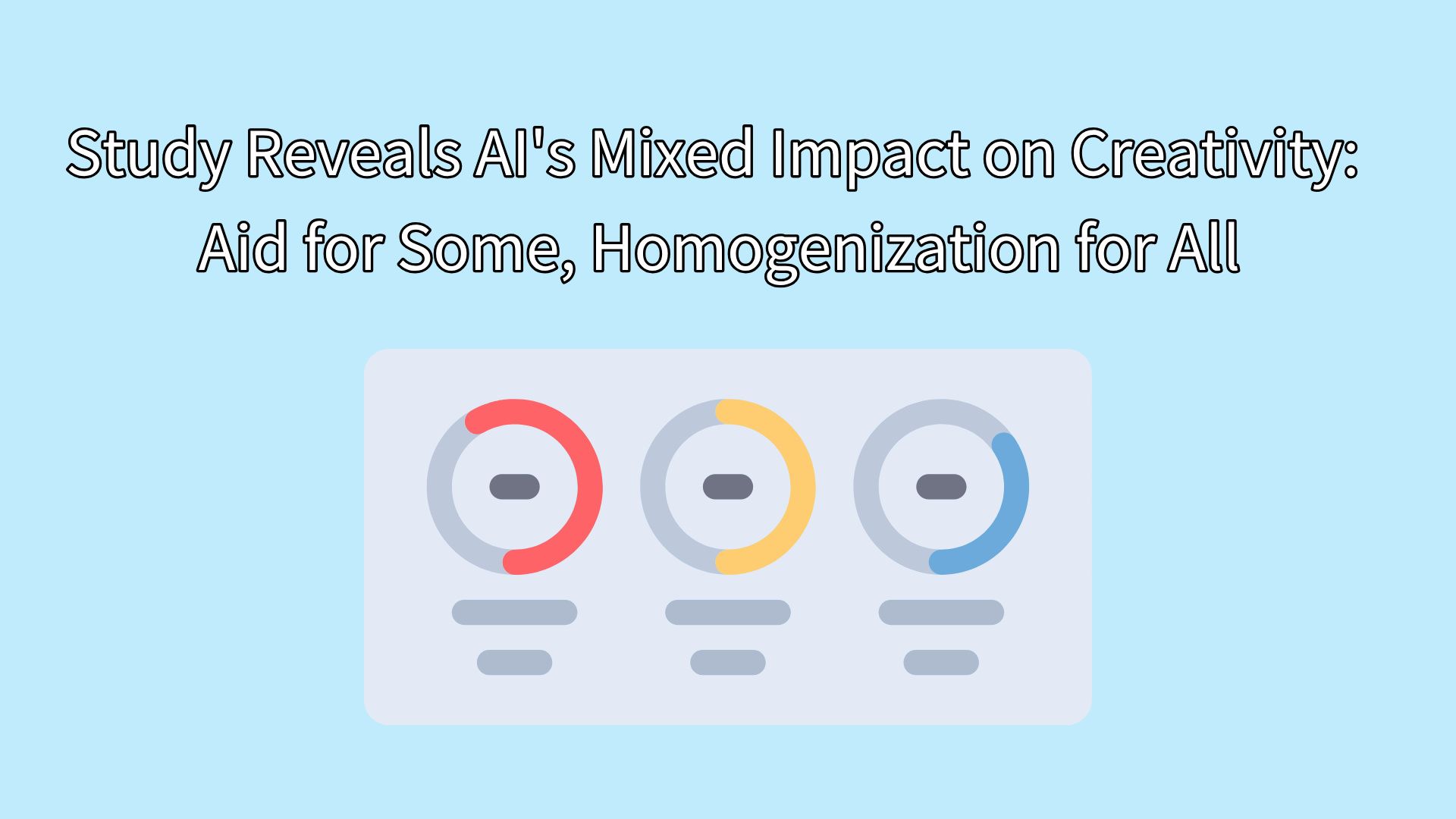Defining AI Agents: Potential, Challenges, and Future Prospects
Background
The emergence and development of AI agents are driven by advancements in artificial intelligence and machine learning, particularly in natural language processing and deep learning, which enable complex data analysis and pattern recognition. Additionally, improvements in computing power and infrastructure, such as GPUs and TPUs, facilitate the real-time processing required for AI agents to function effectively. These technologies, combined with the increasing demand for automation and intelligent services, have propelled the creation and evolution of AI agents, aiming to perform tasks autonomously with minimal human intervention.
News Summary
AI agents, described as intelligent software designed to perform tasks autonomously, remain ambiguously defined, with varied interpretations among tech companies. Google sees them as task-specific assistants, Asana envisions them as extra employees, and Sierra views them as advanced customer service tools. Despite the optimism about their potential, significant challenges persist in making them truly autonomous, particularly in integrating multiple systems and handling complex tasks without human intervention. While the technology shows promise, experts agree that further advancements are needed for AI agents to fully achieve their envisioned capabilities.
Personal Insights
The emergence of AI agents marks a significant milestone in the field of artificial intelligence, reflecting both the potential and the current limitations of this technology.
Technological Potential
-
Automation and Efficiency: AI agents have the potential to revolutionize various industries by automating repetitive and complex tasks, thereby increasing efficiency and reducing human error. This can lead to significant cost savings and productivity gains.
-
Innovation and Creativity: The deployment of AI agents in creative and technical fields can augment human capabilities, offering new tools for innovation. For instance, AI-driven assistants can aid in coding, design, and customer service, providing valuable insights and speeding up workflows.
Challenges and Limitations
-
Integration and Interoperability: One of the major hurdles is the integration of AI agents with existing legacy systems, which often lack modern API access. This complicates the seamless operation of AI agents across different platforms.
-
Reliability and Accuracy: Ensuring that AI agents perform tasks accurately and reliably, especially in complex and dynamic environments, remains a significant challenge. The technology must evolve to handle unforeseen contingencies and make informed decisions autonomously.
Ethical and Social Implications
-
Job Displacement: The widespread adoption of AI agents could lead to job displacement in certain sectors, raising concerns about the socioeconomic impact on workers. It is crucial to address these issues through reskilling programs and policies that support workforce transition.
-
Bias and Fairness: AI agents, like any AI system, are susceptible to biases present in the training data. Ensuring fairness and reducing bias in AI decision-making processes is essential to prevent discrimination and ensure equitable outcomes.
Future Outlook
-
Continued Innovation: The development of specialized AI models and improved AI infrastructures will likely enhance the capabilities of AI agents, making them more versatile and effective in various applications.
-
Collaborative Intelligence: The future of AI agents may involve greater collaboration between humans and machines, where AI agents act as co-workers, augmenting human decision-making rather than replacing it entirely.
In summary, while AI agents hold tremendous promise for transforming industries and enhancing productivity, addressing technical, ethical, and social challenges is crucial for their responsible and sustainable development. As technology progresses, it will be essential to strike a balance between automation and human oversight to maximize the benefits of AI agents.

Related Articles
Study Reveals AI's Mixed Impact on Creativity: Aid for Some, Homogenization for All
Discover how AI boosts creativity for some while potentially homogenizing creative outputs and dampening the originality of highly creative individuals.


YouTube Updates Policy on AI-Generated Content Privacy
Striking a balance: YouTube's new policy on AI-generated content tackles privacy and ethical challenges, ensuring innovation while protecting individual rights.


Cloudflare's New Tool Targets Unauthorized AI Data Scraping
Guarding the web: Cloudflare's new tool tackles AI bots scraping data, raising vital questions about ethics, data ownership, and the future of AI.

